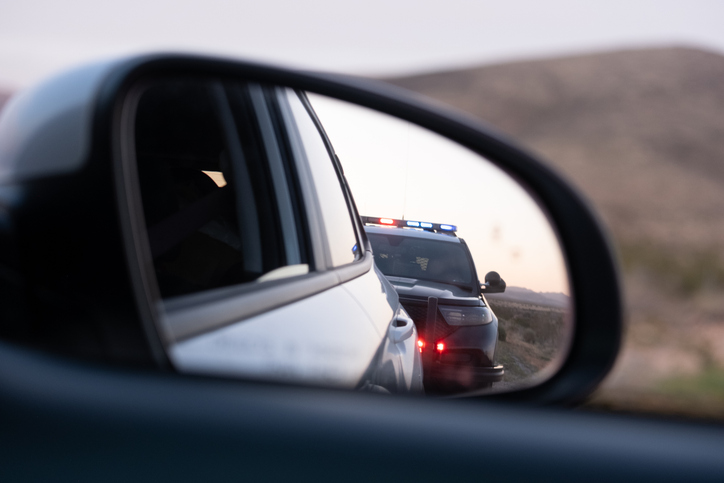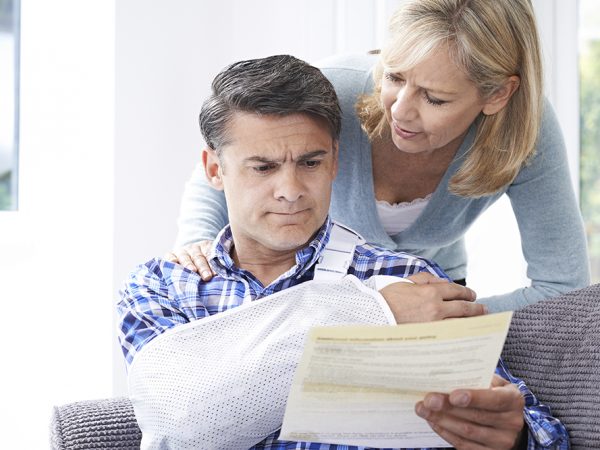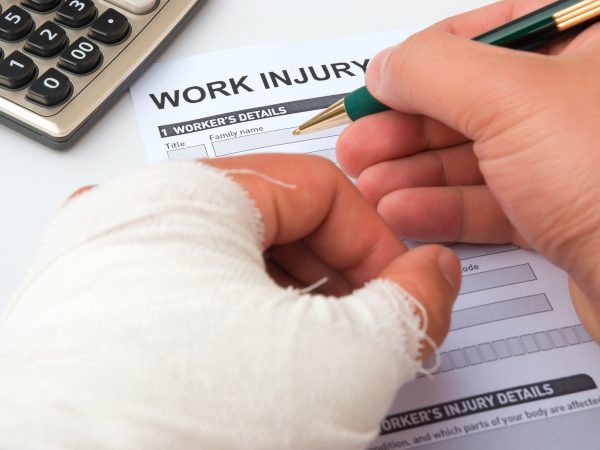
How Do Traffic Violations in Ohio Affect Your Personal Injury Case?
Understanding the implications of traffic violations in Ohio on your personal injury case is crucial. Imagine you’re driving home when another driver runs a red light and collides with your car. What should be a straightforward insurance claim becomes more complex when you discover the other driver is facing criminal charges. Many Ohio drivers are unaware of how traffic violations can significantly affect their personal injury case. This knowledge becomes vital when you’re the victim seeking maximum compensation.
It’s essential to recognize that what begins as a minor traffic violation can rapidly escalate into felony charges when someone is injured. This escalation can have a profound impact on your personal injury case and the compensation you may recover.
When Traffic Violations Become Criminal Charges
Most traffic violations result in fines and points on a driver’s license. However, when these violations cause accidents that injure others, Ohio prosecutors can file criminal charges against the at-fault driver.
A speeding ticket can become a reckless operation charge when excessive speed causes an accident. Running a red light transforms from a minor violation to vehicular assault if someone gets injured. The more serious your injuries, the more likely criminal charges will be filed.
How Criminal Charges Affect Your Personal Injury Case
Criminal charges can significantly bolster your personal injury case. When the driver who caused your accident faces criminal charges, it can serve as a powerful tool in your civil claim:
When the driver who caused your accident faces criminal charges, it significantly strengthens your civil claim:
- Admission of Fault: Criminal charges represent the state’s conclusion that the other driver violated traffic laws and caused your injuries. This creates robust evidence of negligence.
- Enhanced Evidence: Criminal investigations uncover evidence that is often unavailable in civil cases, including police reports, accident reconstruction, witness statements, and expert testimony.
- Plea Agreements: When defendants plead guilty to criminal charges, those admissions become evidence in your personal injury case.
- Higher Settlement Values: Insurance companies recognize that criminal charges make liability harder to dispute, often leading to higher settlement offers.
Understanding How Traffic Violations in Ohio Affect Compensation
Ohio law creates different charge levels that affect your potential compensation:
- Reckless Operation (Misdemeanor): Willful disregard for safety. Strengthens negligence cases but may limit compensation to actual damages.
- Vehicular Assault (Fourth-Degree Felony): Reckless operation causing serious physical harm. This often results in higher settlements due to the severity of the conduct, offering hope for a more substantial recovery.
- Aggravated Vehicular Assault (Second/Third-Degree Felony): Most severe circumstances, typically producing the highest compensation awards.
Higher criminal charges generally correlate with higher civil damages. More serious charges reflect more serious injuries and more negligent conduct.
Maximizing Compensation When Criminal Charges Are Filed
Criminal charges create several opportunities to maximize compensation:
- Restitution Orders: Criminal courts can order defendants to pay medical bills, lost wages, and economic losses.
- Enhanced Insurance Coverage: Criminal charges often trigger higher policy limits or additional coverage types.
- Punitive Damage Claims: Criminal convictions for vehicular assault often support punitive damage claims in civil court.
- Settlement Leverage: Insurance companies frequently offer higher settlements quickly when criminal charges are pending.
How Accident Reconstruction Helps Both Cases
Modern investigation techniques help both criminal prosecutors and personal injury attorneys:
- Speed Analysis: Electronic data recorders determine vehicle speeds, strengthening both criminal cases and negligence claims.
- Traffic Violation Documentation: Clear evidence of violations supports both criminal charges and civil liability.
- Injury Causation: Analysis linking specific violations to your injuries creates robust evidence for prosecution and damage calculations.
Working with Criminal Prosecutors and Personal Injury Attorneys
When criminal charges are filed, you’ll work with both prosecutors and personal injury attorneys:
- Coordination Benefits: Criminal prosecutors and civil attorneys can share information to strengthen both cases.
- Restitution vs. Damages: Criminal restitution typically covers economic losses, but not non-economic losses such as pain and suffering. Civil claims pursue full damages.
- Timeline Advantages: Criminal cases proceed more quickly, yielding stronger evidence for civil proceedings.
The Evidence Advantage
Criminal investigations preserve crucial evidence:
- Witness Testimony: Criminal cases lock in witness statements before memories fade.
- Expert Analysis: Police accident reconstruction becomes available for civil proceedings, providing a comprehensive understanding of the accident and its implications for your case.
- Discovery Benefits: Criminal cases often uncover evidence through tools that are unavailable in civil cases.
Don’t Handle Complex Cases Alone
When accidents involve both criminal charges and serious injuries, you need experienced representation that understands how these cases interact, providing you with a sense of security and confidence in your legal journey.
Criminal charges against the other driver create opportunities for maximum recovery, but navigating these complexities requires legal expertise in both criminal and civil law.
Your injuries deserve full compensation. Criminal charges often provide the necessary leverage to achieve the maximum recovery.
Contact us today for a free consultation to discuss how criminal charges affect your personal injury claim and maximize your compensation. Brian and Bruce Taubman are on your side.




